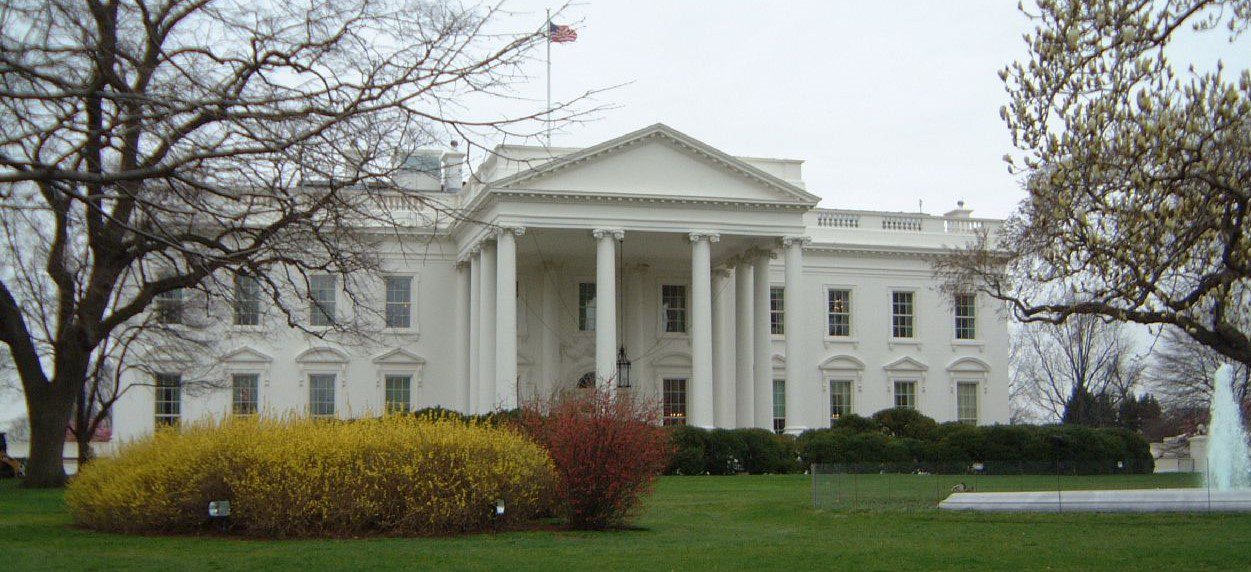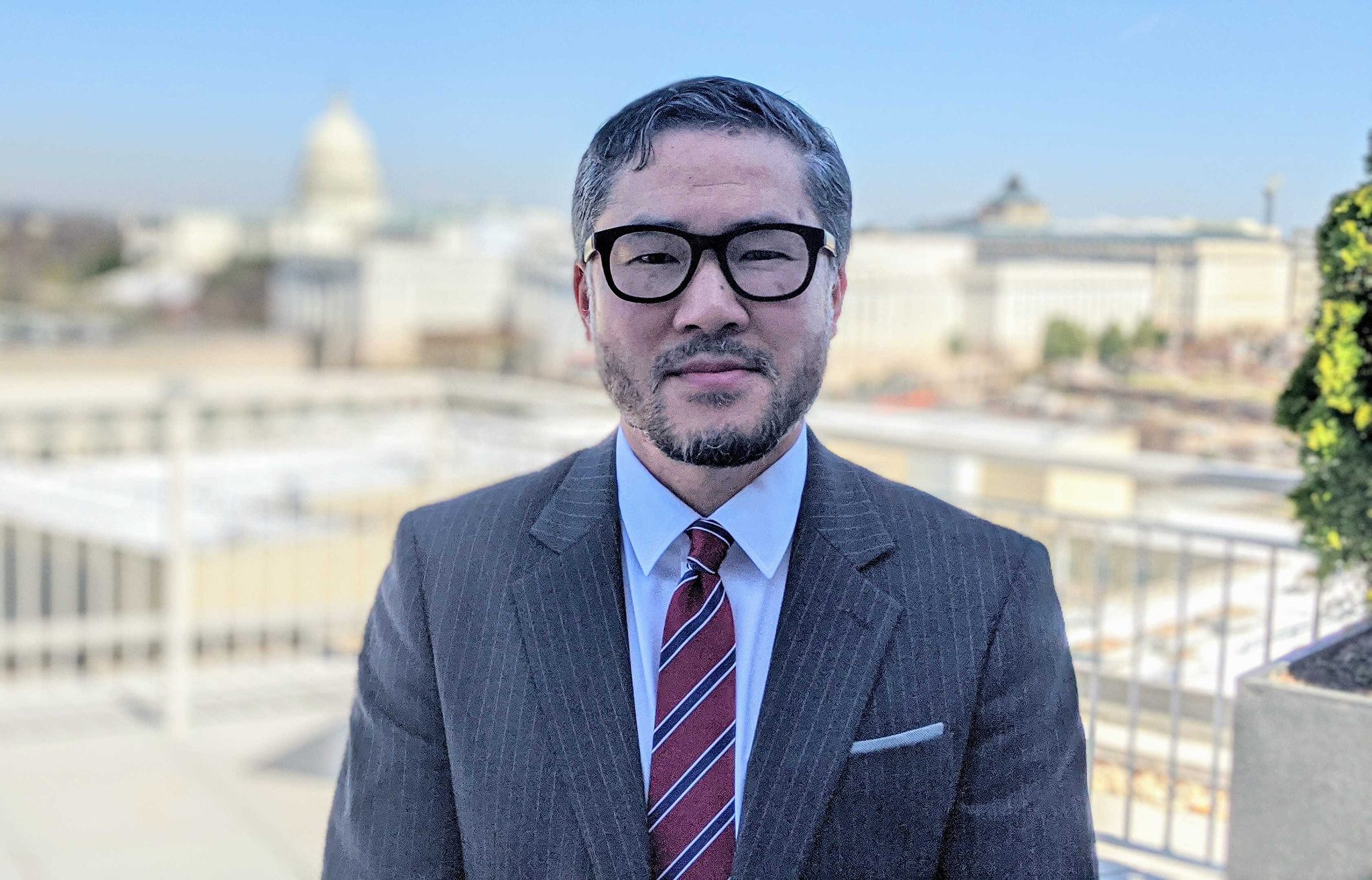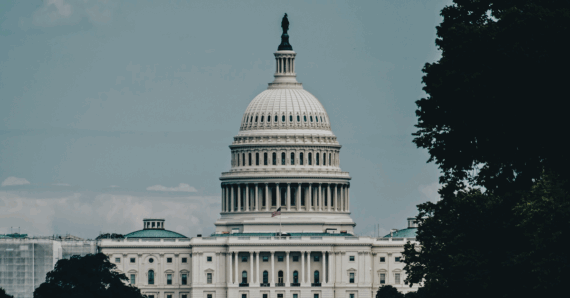The new administration faces the largest increase in domestic and global hunger since the Great Recession as a result of the health and economic impacts of the COVID-19 pandemic.
COVID-19 has revealed how tenuous and fragile the gains have been for low-income households in the United States. Hardest hit are communities of color and households with children.
Churches and other faith communities around the country are serving their neighbors through soup kitchens and food pantries. These services are critical, but they are not sustainable, nor do they reach all in need.
It is the role of the U.S. government to implement policies and programs and make systemic changes that promote equity and create opportunities for people to free themselves from hunger and to thrive, and we join with people of many faith traditions in urging elected leaders to make such changes.
Here are some recommendations Bread for the World supports, alongside partner organizations and faith traditions, and has shared with the Biden-Harris administration to complete during its first 100 days in office:
In the First 100 Days – Domestic
Lead a strong and equitable domestic COVID-19 response and recovery.
To save lives and to get people back to work, it is critical to get the COVID-19 pandemic under control. It is also critical to ensure that people do not go hungry as the country takes steps to deal with the health crisis.
- Increase maximum SNAP benefits by 15 percent and increase the minimum monthly SNAP benefit from $16 to $30 for the duration of the recession, with designated funding for focused outreach to help close the SNAP participation gap for underserved communities.
- Fully fund universal free school meals and Pandemic-EBT benefits for the duration of the recession.
- Provide $100 billion in emergency rental assistance, impose moratoriums on evictions and utility shutoffs, and bolster funding for homeless and short-term disaster programs.
- Extend Pandemic Unemployment Assistance and Pandemic Unemployment Compensation for the duration of the economic recession.
- Invest $50 billion in childcare. Also, make the child and dependent care tax credit fully refundable and indexed to inflation.
- Expand the earned income tax credit for adults without children at home and workers under the age of 25, similar to provisions in the Working Families Tax Relief Act.
- Expand the child tax credit by making it fully refundable.
In the First 100 Days – Globally
Lead a strong and equitable global COVID-19 response and recovery.
Due to COVID-19-related travel restrictions and the global economic and trade slowdown, many low- and middle-income countries are facing significant fiscal challenges. Many are struggling to meet the basic needs of their people and to service their international debt. The United States should:
- Commit at least $20 billion in bilateral and multilateral assistance to prevent and treat COVID-19, support health systems, and mitigate the economic impacts of the pandemic, particularly hunger, malnutrition, and poverty.
- Elevate the nutritional needs of women and children as a central component of U.S. global COVID-19 response strategies. In upcoming COVID supplemental bills, allocate no less than $500 million to global nutrition.
- Support public and private debt cancellation for low- and middle-income countries, as the G-20 nations have called for. The United States should also approve a new issuance of IMF Special Drawing Rights to help developing countries access additional financing.
Elevate development and humanitarian assistance in the U.S. foreign policy toolbox.
U.S. foreign policy relies on defense, diplomacy, and development and humanitarian assistance. Development and humanitarian assistance are significantly under-resourced despite the fact that U.S. investments in reducing hunger and malnutrition contribute significantly to making the world a better and safer place.
- Raise the position of USAID Administrator to a cabinet-level position. USAID should have a voice equal to those of defense and diplomacy as components of U.S. foreign policy.
- Quickly appoint qualified, principled individuals in leadership positions at development agencies, including USAID, the State Department, the Millennium Challenge Corporation, the African Development Foundation, and the Inter-American Foundation.
Reinvest in multilateralism and restore principled U.S. leadership in multilateral agencies.
The United States cannot and should not take global action alone; strong multilateral partnerships are critical for sustainable and more equitable recovery from COVID-19 and economic growth and development.
- Rejoin the Paris Climate Agreement and make meaningful commitments.
- Recommit to the Sustainable Development Goals as a guiding framework for U.S. development investments.
- Work with Congress to fully fund multilateral development banks, which are on the front lines of supporting partner countries in their efforts to respond to and recover from the global pandemic and to achieve the SDGs. These include the World Bank’s International Development Association, the International Fund for Agricultural Development (IFAD), the African Development Bank, and the Inter-American Development Bank.



